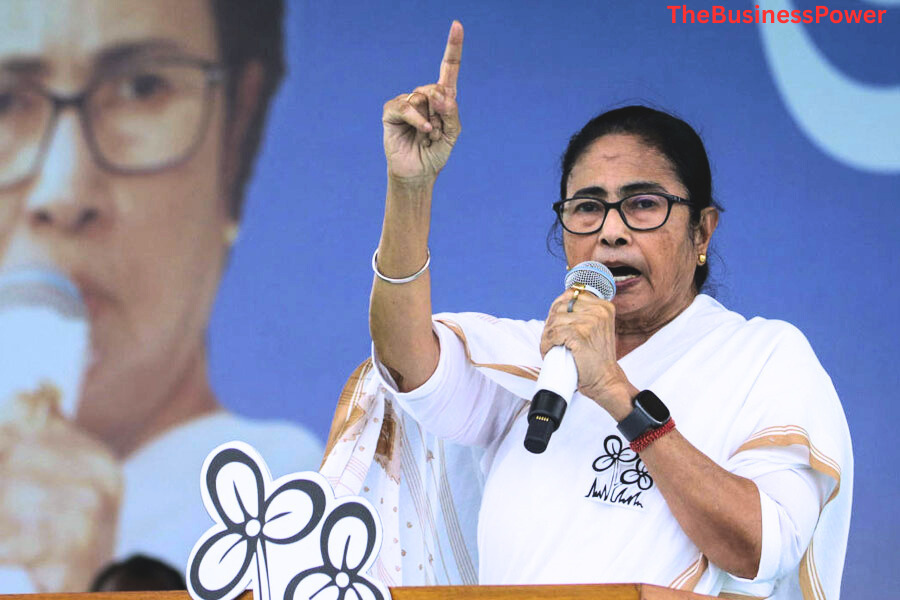The Trinamool Congress (TMC) found itself embroiled in a significant internal controversy following inflammatory remarks made by its senior leaders regarding the shocking Kolkata Law College rape case comments. What began as damage control quickly escalated into an unprecedented public spat between party leadership and one of its prominent MPs.
The Controversial Statements That Sparked Outrage
The controversy erupted when TMC MP Kalyan Banerjee made deeply problematic comments about the rape case at South Calcutta Law College. In remarks that many perceived as victim-blaming and trivializing sexual assault, Banerjee questioned how authorities could prevent such crimes when they occur between acquaintances.
“What can be done if a friend rapes his friend? Will the police be in schools?” Banerjee stated, attempting to deflect responsibility from institutional failures. His comments suggested that such incidents were inevitable given men’s mindset, rather than addressing systemic issues of safety and accountability.
Adding fuel to the fire, TMC MLA Madan Mitra made even more shocking statements that directly blamed the survivor. He suggested that the incident could have been prevented if the victim had not gone alone and had informed others about her whereabouts. Such victim-blaming rhetoric drew immediate condemnation from women’s rights activists and political observers across the spectrum.
TMC’s Swift Damage Control Efforts
Recognizing the potential political damage, the Trinamool Congress quickly moved to distance itself from these statements. The party issued an official statement clarifying that both leaders’ remarks were made in their personal capacity and did not reflect the party’s official position.
“The party unequivocally disassociates itself from their statements and strongly condemns the same,” the TMC declared in its official response. The party emphasized its zero tolerance policy toward crimes against women and demanded the strictest punishment for the perpetrators.
TMC MP Mahua Moitra also weighed in, acknowledging that misogyny exists across party lines but highlighting what she described as the TMC’s unique approach of condemning such statements regardless of who makes them. Her intervention was seen as an attempt to salvage the party’s reputation on women’s safety issues.
Kalyan Banerjee’s Unprecedented Counterattack
Rather than accepting the party’s censure, Kalyan Banerjee launched an extraordinary public attack against his own party leadership. In a series of social media posts that sent shockwaves through West Bengal’s political establishment, he questioned whether the TMC was indirectly supporting leaders who shield criminals.
Banerjee’s most damaging allegation targeted party members who joined after 2011, suggesting they were responsible for such crimes. This timeline is significant as it coincides with the TMC’s rise to power in West Bengal, implying systemic issues within the party’s newer leadership structure.
“What’s even more unfortunate is that some of the leaders who emerged after 2011 are themselves under question in such crimes,” Banerjee wrote, making serious accusations about criminal involvement among party colleagues.
The Broader Political Implications
This internal conflict comes at a particularly sensitive time for the TMC, which was already struggling to manage the fallout from the rape case itself. The main accused, Monojit Mishra, was associated with the party’s student wing until 2022, creating additional complications for the ruling party’s image.
The opposition BJP seized upon these developments to intensify their attacks on the Mamata Banerjee government. They characterized the incident as evidence of a “state-sponsored conspiracy” and criticized the law and order situation in West Bengal, where a woman serves as Chief Minister.
The timing of this controversy is particularly problematic for the TMC as it tries to maintain its image as a party supportive of women’s rights and safety. Mamata Banerjee’s political brand has been closely associated with women’s empowerment, making these developments especially damaging.
The Case Details and Public Response
The incident that triggered this political storm involved the gang rape of a 24-year-old law student at South Calcutta Law College. Three men have been arrested, including the main accused Monojit Mishra, who served as general secretary of the South Kolkata district of the TMC’s student wing.
Public outrage over the case has been intense, with protests erupting across Kolkata demanding justice for the victim. The connection between the accused and the ruling party has amplified public anger and political pressure on the government.
Party Unity Under Strain
Banerjee’s public rebellion against party leadership represents an unprecedented challenge to the TMC’s internal discipline. His accusations about moral and intellectual deficiencies within the party suggest deeper organizational problems beyond this specific controversy.
The MP’s statement that he wishes to “distance himself from those encouraging or protecting criminals” directly challenges the party’s leadership and suggests a fundamental breakdown in party unity on this crucial issue.
Looking Ahead: Political Ramifications
This internal conflict threatens to overshadow the TMC’s efforts to address the underlying issues of women’s safety and institutional accountability. The party now faces the dual challenge of managing public outrage over the crime while dealing with an unprecedented internal rebellion.
The controversy highlights broader questions about political accountability when party members are implicated in serious crimes. It also raises concerns about victim-blaming attitudes among political leaders and the need for more sensitive handling of sexual assault cases.
As West Bengal continues to grapple with this case and its political fallout, the TMC’s ability to manage both the immediate crisis and its longer-term implications for party unity will be closely watched. The incident serves as a stark reminder of how quickly political controversies can spiral beyond party control, especially when they involve sensitive issues of women’s safety and justice.
The resolution of this internal conflict may well determine the TMC’s political trajectory and its credibility on women’s rights issues in the crucial months ahead.

